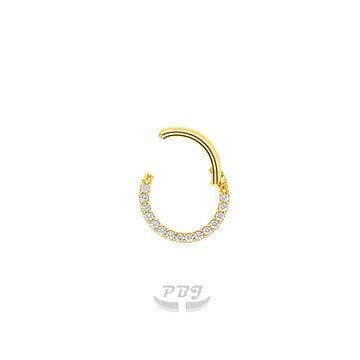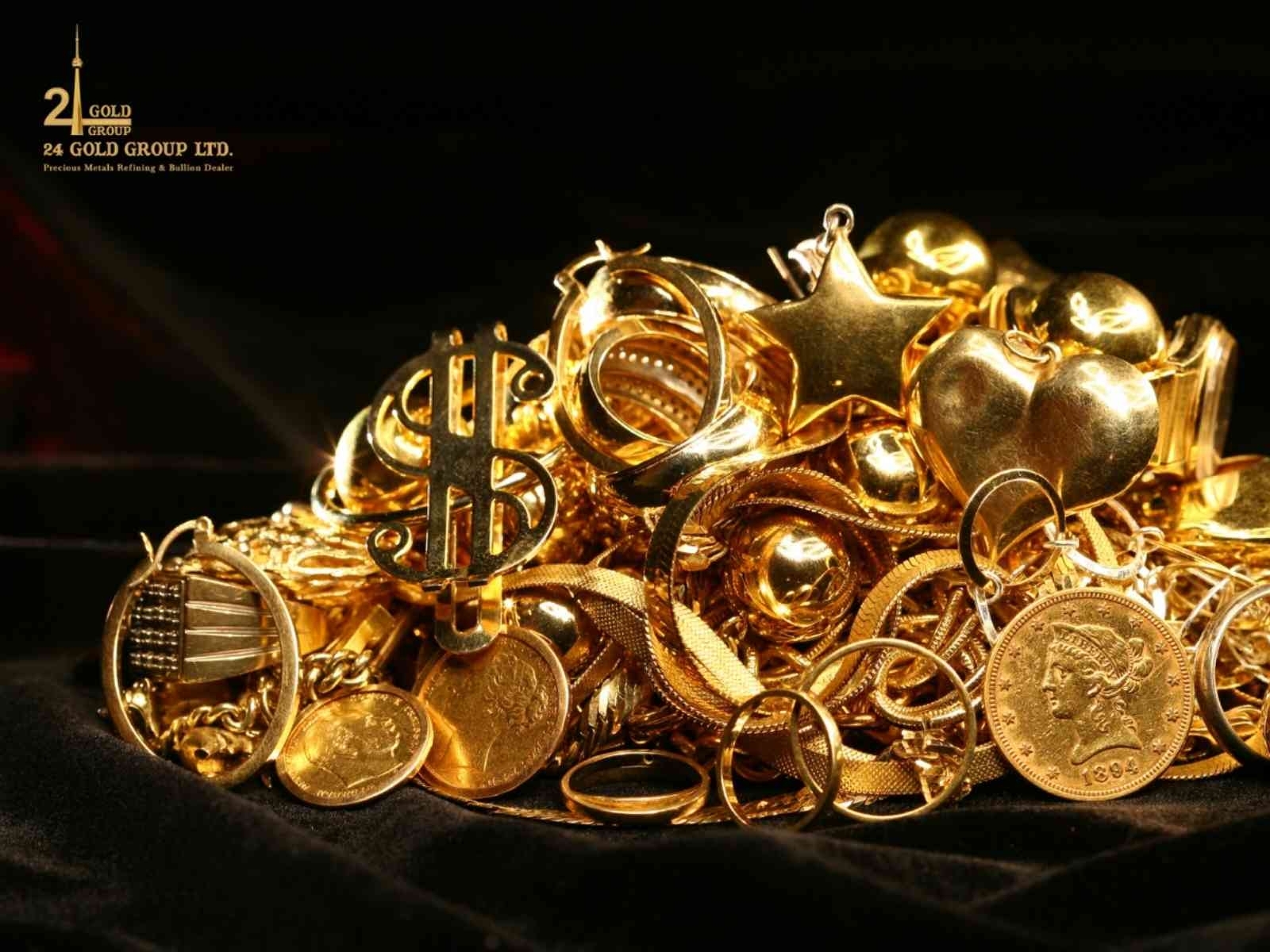The Allure of Adornment: Is Selling Jewelry Still Profitable?
Related Articles: The Allure of Adornment: Is Selling Jewelry Still Profitable?
Introduction
In this auspicious occasion, we are delighted to delve into the intriguing topic related to The Allure of Adornment: Is Selling Jewelry Still Profitable?. Let’s weave interesting information and offer fresh perspectives to the readers.
Table of Content
The Allure of Adornment: Is Selling Jewelry Still Profitable?

The allure of jewelry transcends time, a testament to its enduring appeal. Whether it be the sparkle of diamonds, the warmth of gold, or the artistry of handcrafted pieces, jewelry holds a unique power to express personal style, celebrate milestones, and evoke emotions. But in the ever-evolving landscape of commerce, a question arises: Is selling jewelry still a profitable venture in the 21st century?
The answer, in short, is a resounding yes. However, success in this industry demands a nuanced understanding of the market, astute business strategies, and a commitment to quality and customer experience.
A Glimpse into the Jewelry Market:
The global jewelry market is a multi-billion dollar industry, exhibiting consistent growth over the years. This growth is driven by several factors:
- Rising Disposable Incomes: As economies develop, consumers have more disposable income, leading to increased spending on discretionary items like jewelry.
- Growing Demand for Luxury Goods: The desire for luxury experiences and products is on the rise, driving demand for high-end jewelry pieces.
- Evolving Consumer Preferences: Consumers are increasingly seeking unique, personalized, and ethically sourced jewelry, creating opportunities for niche markets.
- E-commerce Boom: Online platforms provide a convenient and accessible marketplace for jewelry retailers, expanding reach and customer base.
Profitability Factors in the Jewelry Industry:
While the jewelry market presents opportunities, profitability is not guaranteed. Several factors influence success:
- Target Market and Niche: Identifying and catering to a specific target market is crucial. This could involve focusing on a particular style, price point, or demographic.
- Product Quality and Sourcing: The quality of materials and craftsmanship directly impacts perceived value and price. Ethical sourcing practices are increasingly important for consumers.
- Marketing and Branding: Effective marketing strategies are essential to reach the target audience and build brand recognition.
- Pricing and Profit Margins: Determining appropriate pricing to cover costs, ensure profitability, and remain competitive is vital.
- Competition: The jewelry market is competitive, with established brands and new entrants constantly vying for market share.
- Operational Efficiency: Efficient inventory management, streamlined operations, and effective customer service contribute to profitability.
Exploring Profitable Avenues in the Jewelry Market:
The jewelry industry offers diverse avenues for profitability:
- Retail Stores: Physical stores provide a tangible experience for customers, allowing them to interact with products and receive personalized advice.
- E-commerce Platforms: Online marketplaces offer a global reach, lower overhead costs, and greater flexibility in showcasing products.
- Wholesale and Distribution: Supplying jewelry to other retailers or businesses can be a profitable model, especially for manufacturers or importers.
- Custom Jewelry Design: Offering personalized and bespoke jewelry services caters to a growing demand for unique pieces.
- Jewelry Repair and Restoration: Providing repair and restoration services can be a niche market with high profit margins.
FAQs Regarding Profitability in the Jewelry Industry:
1. What are the initial investment costs for starting a jewelry business?
The initial investment costs vary significantly depending on the business model. Factors influencing costs include:
- Retail space: Rental costs for a physical store can be substantial.
- Inventory: The cost of inventory depends on the type and quantity of jewelry purchased.
- Equipment: Tools and equipment for jewelry making, repair, or display are necessary.
- Marketing and Branding: Building brand awareness requires investment in marketing materials, online presence, and advertising.
2. What are the common expenses associated with running a jewelry business?
Ongoing expenses include:
- Rent or mortgage payments: For physical stores.
- Inventory costs: Purchasing new stock and managing inventory levels.
- Salaries and wages: For employees, if applicable.
- Utilities: Electricity, water, heating, and internet.
- Insurance: Business liability, property, and health insurance.
- Marketing and advertising: Maintaining brand visibility and reaching target customers.
- Shipping and handling: For online orders.
- Repair and maintenance: For equipment and facilities.
3. What are the profit margins in the jewelry industry?
Profit margins vary greatly depending on the type of jewelry sold, sourcing, pricing strategy, and operational efficiency. Generally, higher-end jewelry pieces have higher profit margins due to their value and exclusivity. However, competition and overhead costs can impact profitability.
4. How can I ensure the quality and authenticity of the jewelry I sell?
- Sourcing from reputable suppliers: Choose suppliers with established reputations for quality and ethical sourcing practices.
- Independent verification: Consider obtaining certifications or independent assessments to verify the authenticity of gemstones and metals.
- Transparency with customers: Provide clear and accurate information about materials, origin, and craftsmanship.
5. What are the legal and regulatory requirements for selling jewelry?
- Business licenses and permits: Obtain necessary licenses and permits to operate legally in your jurisdiction.
- Tax regulations: Comply with tax regulations regarding sales, income, and import/export.
- Consumer protection laws: Adhere to consumer protection laws regarding product labeling, warranties, and returns.
- Intellectual property rights: Respect copyright and trademark laws when selling jewelry.
Tips for Success in the Jewelry Industry:
- Know your target market: Thoroughly understand the needs and preferences of your ideal customer.
- Develop a strong brand identity: Create a unique brand story and visual identity that resonates with your target market.
- Offer exceptional customer service: Provide personalized attention, prompt responses, and a positive shopping experience.
- Embrace digital marketing: Utilize online platforms, social media, and search engine optimization to reach a wider audience.
- Stay up-to-date with trends: Monitor industry trends and adapt your offerings to meet evolving consumer preferences.
- Focus on quality and craftsmanship: Invest in high-quality materials and skilled artisans to create desirable and durable pieces.
- Offer competitive pricing: Determine a pricing strategy that balances profitability with market demand.
- Build relationships with suppliers: Establish strong partnerships with reputable suppliers to ensure consistent quality and sourcing.
- Network with industry professionals: Attend trade shows, join industry organizations, and connect with other jewelry professionals.
- Continuously learn and improve: Stay informed about new technologies, design trends, and business practices.
Conclusion:
The jewelry industry remains a vibrant and profitable sector. By understanding the market dynamics, embracing strategic business practices, and focusing on quality, customer service, and innovation, entrepreneurs can carve a successful niche in this alluring world of adornment. While challenges exist, the enduring appeal of jewelry provides a solid foundation for growth and profitability in the years to come.








Closure
Thus, we hope this article has provided valuable insights into The Allure of Adornment: Is Selling Jewelry Still Profitable?. We appreciate your attention to our article. See you in our next article!